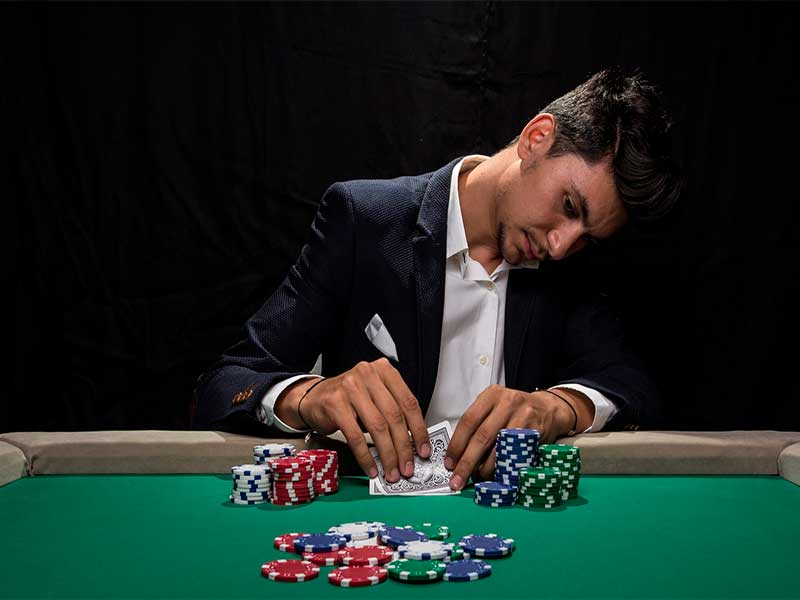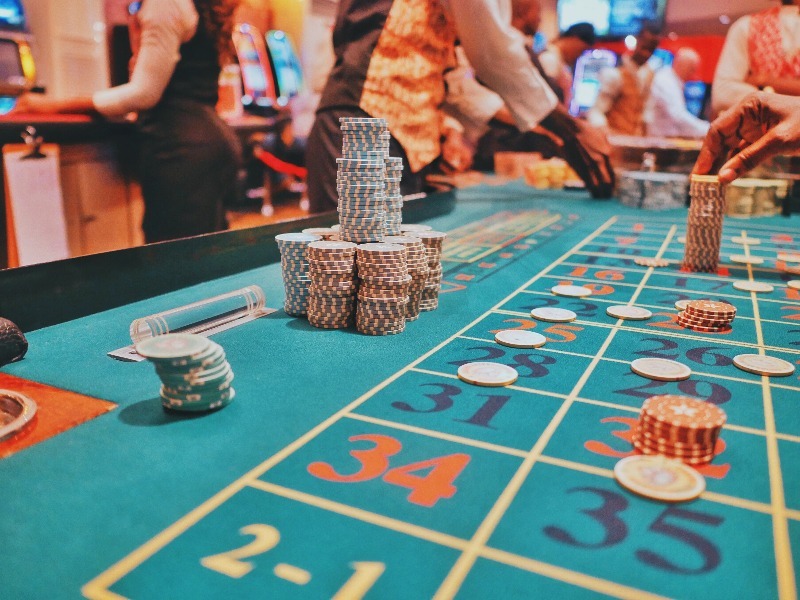Gambling has been a popular form of entertainment for centuries,captivating individuals across various cultures and age groups. While the allure of chance and the potential for big winnings may seem obvious, the underlying motivations for gambling extend far beyond simple monetary gain. In this article, we delve into the intriguing world of gambling psychology to explore why people gamble. We’ll examine the unique motivations of older individuals, shed light on age restrictions for gambling, and discuss the growing trend of online gambling.
The Thrill of Uncertainty:
The Psychology Behind Gambling The human brain is wired to seek novelty and excitement, and gambling provides the perfect stage for such experiences. One of the primary reasons people gamble is the thrill of uncertainty. The anticipation of a potential win triggers a surge of adrenaline and dopamine, heightening the overall experience. The exhilarating feeling of taking risks and not knowing the outcome creates a sense of excitement that keeps individuals coming back for more.

